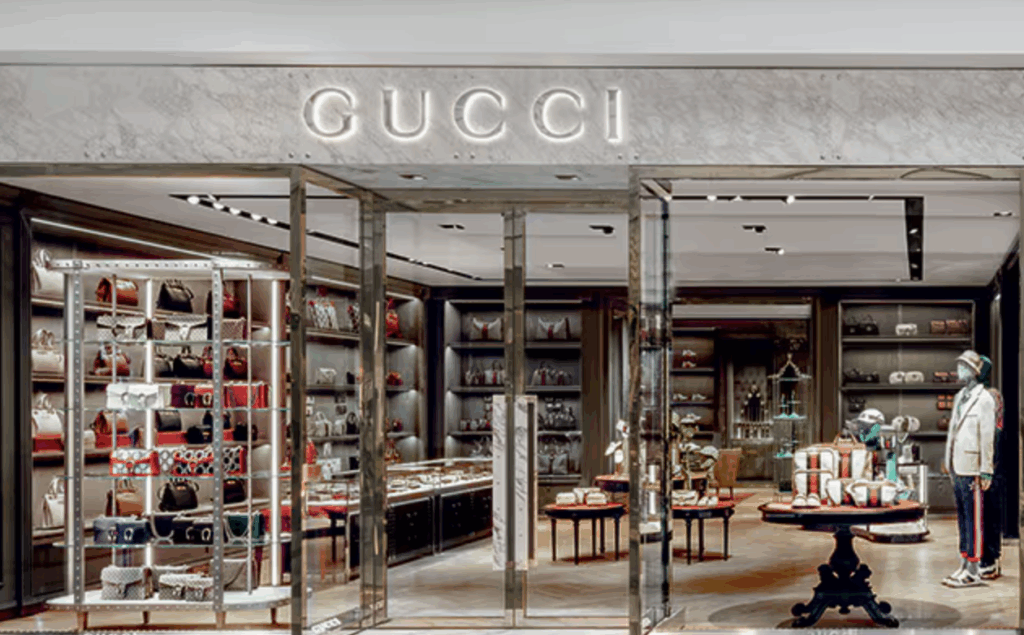
The European Commission has imposed a €157 million fine on luxury fashion brands Gucci, Chloé, and Loewe, concluding that they engaged in resale‐price maintenance and other anti-competitive practices toward their independent retailers. Gucci, part of the Kering group, received the largest portion of the fine at €119.7 million, followed by Chloé with €19.7 million, and Loewe (owned by LVMH) at €18 million.
According to the Commission’s decision, these brands restricted retailers from setting their own prices freely, limited discounting opportunities, and imposed restrictions on the timing of sales campaigns. Such practices were found to infringe on EU competition laws, because they reduce the ability of retailers to compete and disadvantage consumers. The restrictions applied both in physical stores and on e-commerce platforms.
Gucci and Loewe received reduced fines, partly because they cooperated substantially during the investigation. Meanwhile, Chloé’s fine was slightly reduced, but to a lesser degree.
This enforcement action is part of a larger trend in the EU: stricter scrutiny of luxury brands, pricing policies, and distribution strategies. Competition regulators are increasingly targeting any agreements that limit retail competition or fix resale conditions, whether overt or subtle.
Why it matters for legal practices:
Legal advisors representing brands, distributors, or retailers in the luxury or consumer goods sectors should review contracts and resale policies to ensure they comply with EU competition law. The case underscores the risk of indirect control over pricing and promotional practices. For Everest Legal, this is an opportunity to help clients proactively audit their commercial policies and provide guidance on compliance, avoiding substantial fines and reputational harm.
